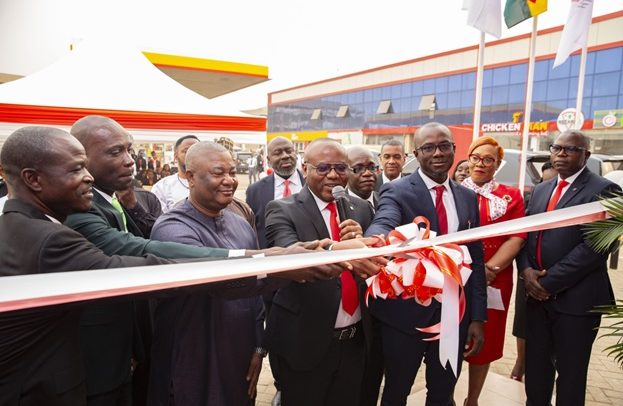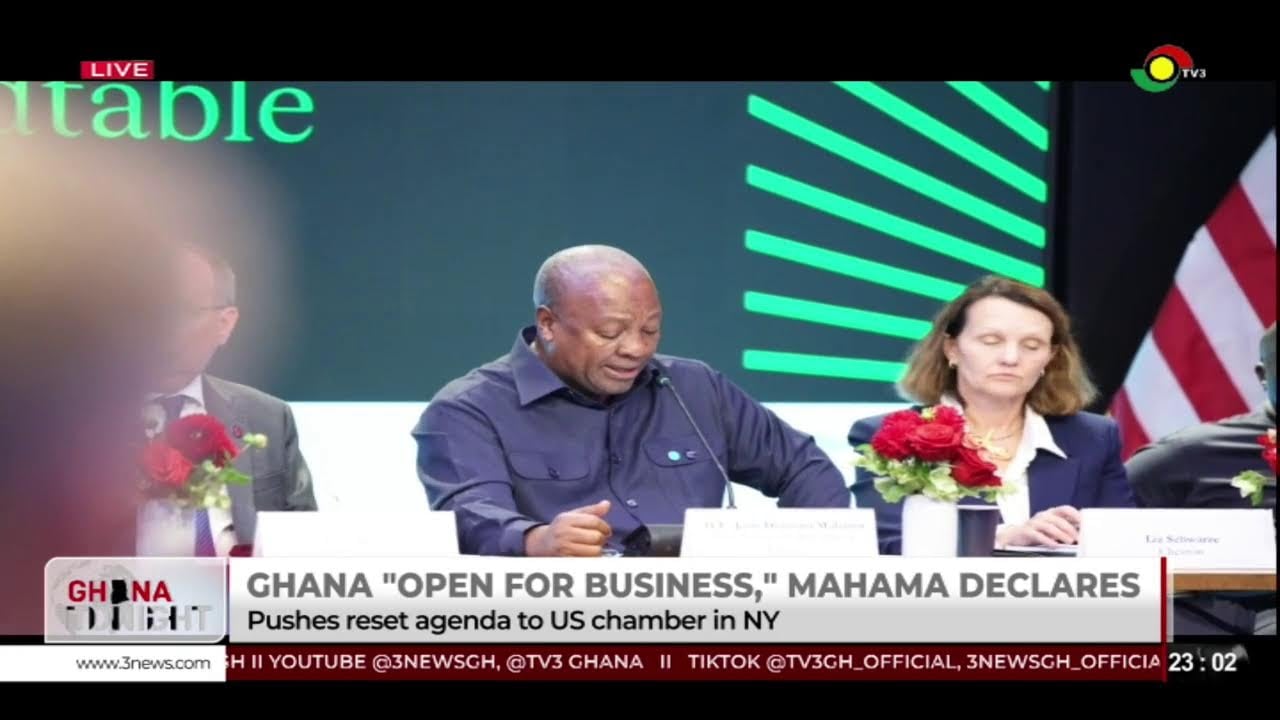
- Transport Ministry acknowledges concerns
- drafts LI to operationalise Shippers Act
The nation’s ambition to develop into West Africa’s maritime hub will depend as much on transparency in port operations as physical infrastructure, industry leaders have warned.
At a maritime stakeholder forum on the competitiveness of Ghana’s seaborne trade, organised under the theme ‘Streamlining Ghana’s Maritime Transport and Logistics Sector for Transparency, Efficiency and Competitiveness’, Minister for Transport Joseph Bukari Nikpe said opaque processes, hidden charges and inefficiencies are undermining investor confidence and eroding competitiveness.
“Efficiency alone will not guarantee success. Our ports must also be predictable, transparent and trusted,” the minister said in a speech read on his behalf by the sector deputy, Dorcas Affo-Toffey.
These comments come as stakeholders cite persistent problems despite recent developments geared toward port expansion and digitisation projects. Discretionary practices in cargo inspections, inconsistent fees and limited visibility of service charges remain common. Bodies such as the Ghana Union of Traders Association (GUTA) have repeatedly raised concerns that non-transparent costs are neutralising gains from systems such as the paperless port initiative and Ghana Integrated Customs Management System (ICUMS).

The Ministry of Transport acknowledged existing gaps and pledged to streamline procedures, harmonise agency roles and review port levies in collaboration with the Ministry of Finance and Ghana Revenue Authority.
To this end, the minister said a new Legislative Instrument to operationalise the Ghana Shippers’ Authority Act, 2024 is also under consultation to provide a clearer regulatory framework.
“We are also aware of industry concerns about the recently passed Ghana Shippers Authority Act, 2024 (Act 1122),” the minister said.
“To address this, a draft Legislative Instrument (L.I.) has been developed to operationalise the Act. The ministry is undertaking extensive consultations on the regulations and will ensure industry concerns are fully addressed before implementation,” he added.
The call for greater transparency reflects international trends. The World Bank’s 2023 Logistics Performance Index shows that countries with clear and predictable border and Customs systems record up to 40 percent faster cargo dwell times than those with opaque procedures.
Top performers such as Singapore and the Netherlands combine digital platforms with strong governance frameworks, enabling them to handle annual container volumes exceeding 30 million TEUs with minimal delays.
By contrast, a 2022 UNCTAD report estimated that hidden costs and inefficiencies at African ports add between 10 and 30 percent to the final price of goods. For Ghana, analysts say, this undermines not only its cost competitiveness but also its role in regional supply chains – especially under the African Continental Free Trade Area (AfCFTA).
Vice President-Ghana Chamber of Shipping Jemilat Mahamah argued that transparency is not a secondary consideration but the foundation of reform.
“Transparency in maritime transport is crucial for fostering trust, enhancing operational efficiency, enabling sustainability, improving regulatory compliance and driving innovation across the global shipping ecosystem.
“Maritime transport transparency restores openness in an industry long characterised by secrecy. It is fundamental for reducing environmental footprint, increasing economic efficiency, fostering stakeholder trust, simplifying regulatory compliance and enabling technological advances,” she explained.
She further stated that, in the end, transparency equips all players in the maritime sector with practical insights, strengthens accountability and fosters a global shipping industry which is resilient, sustainable, and competitive. This growing commitment to openness is transforming maritime transport into a more reliable and responsible driver of international trade.
“The nexus between transparency and shipping efficiency is one of positive correlation. Transparency in maritime transport drives shipping efficiency by enabling data-driven operational optimisation, fostering stakeholder trust and collaboration, ensuring regulatory compliance, accelerating technological adoption and enhancing supply chain visibility. Together, these effects reduce costs, improve sustainability and increase customer satisfaction – fundamentally transforming shipping performance,” she added.
The post Port reforms hinge on transparency, not just expansion appeared first on The Business & Financial Times.
Read Full Story























Facebook
Twitter
Pinterest
Instagram
Google+
YouTube
LinkedIn
RSS